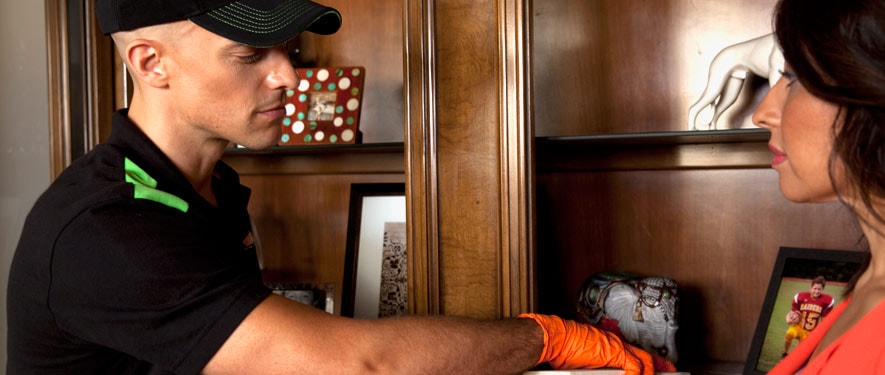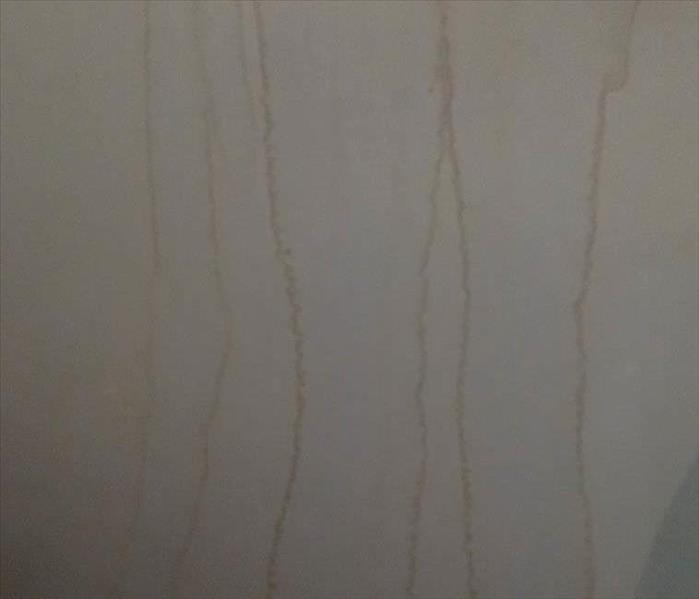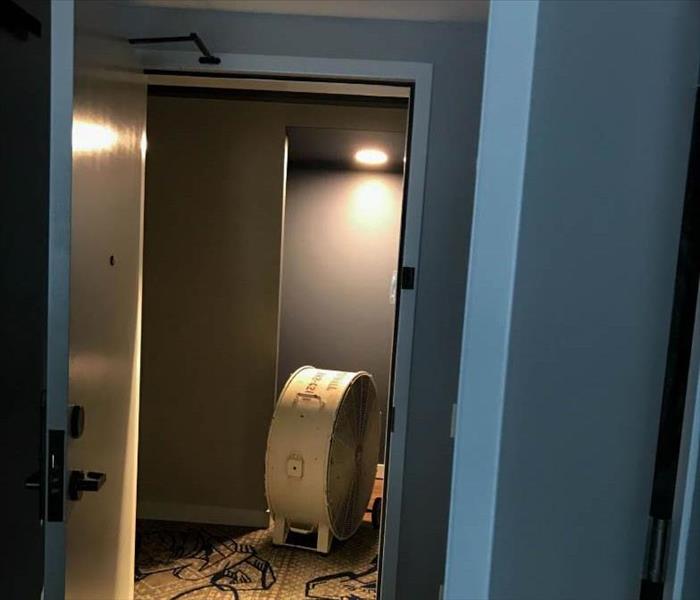
Fire Damage Emergency Tips
What you can do until help arrives
Water Tips | Fire Tips | Biohazard Tips | Mold Tips
According to the National Fire Protection Agency, popularly known as the NFPA, there are around 500,000 structural fires reported in the US each year. And so, on busy city blocks and sleepy cul-de-sacs across the nation properties experience fire damage.
In one sense fire damage is prevalent, it's happening in our neighborhoods. And so we have in our communities local fire departments to address damage. But, fire damage isn't prevalent enough to be normal. A fire always catches people off-guard, no one is expecting it. And so, the honest and natural question is for anyone who has experienced fire damage, "what's next?"
Below our team has put together tips of what to do, and what not to do.
Have Smoke or Fire Damage? Call (425) 486-8383
What To Do After A Fire
- Limit movement in the home to prevent soot particles from being embedded into upholstery and carpets.
- Keep hands clean so as not to further soil upholstery, walls and woodwork.
- Place clean towels or old linens on rugs, upholstery and carpet traffic areas.
- If electricity is off, empty freezer and refrigerator and prop doors open.
- Clean and protect chrome with light coating of petroleum jelly or oil.
- Wash houseplants on both sides of leaves.
- Change HVAC filter.
- Tape double layers of cheesecloth over air registers.
What NOT To Do After A Fire
- Don't attempt to wash any walls or painted surfaces or shampoo carpet or upholstery without contacting us.
- Don't attempt to clean any electrical appliances that may have been close to fire, heat or water without consulting an authorized repair service.
- Don't use any canned or packaged food or beverages that may have been stored near the fire, heat or water.
- Don't turn on ceiling fixtures if ceiling is wet. The wiring may be damaged.
- Don't send garments to an ordinary dry cleaner. Improper cleaning may set smoke odor.





 24/7 Emergency Service
24/7 Emergency Service




